Washington and Tokyo expressed “active support” for inter-Korean efforts to enhance cross-border ties including dialogue, South Korea’s chief nuclear negotiator said after his meeting with U.S. and Japanese counterparts in Tokyo Wednesday.
During the trilateral meeting, South Korea’s nuclear envoy Hwang Joon-kuk and his U.S. and Japanese counterparts ― Sung Kim and Junichi Ihara ― discussed North Korea’s evolving nuclear threats and issues concerning the resumption of the long-stalled denuclearization talks.
In a meeting with reporters, Hwang said that for the six-party talks to be resumed, Pyongyang should join the denuclearization negotiations with a “sincere attitude,” and that there should be a “strong signal” to underscore its sincerity.
“We will continue to make efforts to break the current deadlock, while discussing the concrete conditions and methods for the resumption of the talks not only among South Korea, the U.S. and Japan, but also with China and Russia,” he said after the meeting held for the first time this year.
The denuclearization talks, which involve the two Koreas, the U.S., China, Japan and Russia, have been stalled since late 2008.
During the trilateral meeting, South Korea’s nuclear envoy Hwang Joon-kuk and his U.S. and Japanese counterparts ― Sung Kim and Junichi Ihara ― discussed North Korea’s evolving nuclear threats and issues concerning the resumption of the long-stalled denuclearization talks.
In a meeting with reporters, Hwang said that for the six-party talks to be resumed, Pyongyang should join the denuclearization negotiations with a “sincere attitude,” and that there should be a “strong signal” to underscore its sincerity.
“We will continue to make efforts to break the current deadlock, while discussing the concrete conditions and methods for the resumption of the talks not only among South Korea, the U.S. and Japan, but also with China and Russia,” he said after the meeting held for the first time this year.
The denuclearization talks, which involve the two Koreas, the U.S., China, Japan and Russia, have been stalled since late 2008.
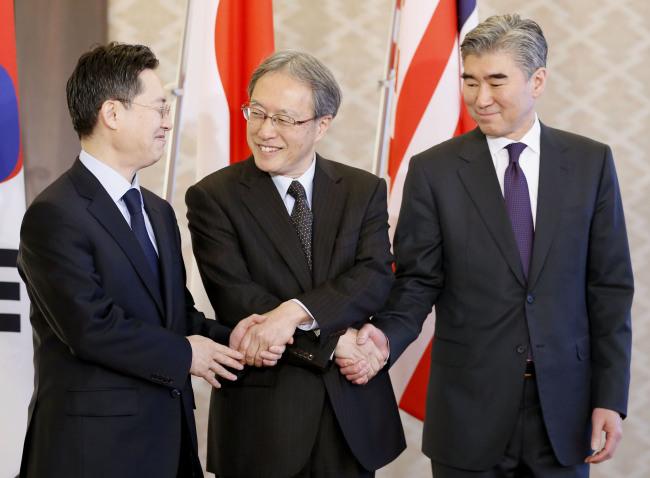
Countries in the negotiation process have remained at odds over the conditions for the resumption of talks. Beijing, the host of the talks, and Pyongyang have called for an unconditional resumption, while Seoul and Washington have demanded that Pyongyang first show “sincerity” in its denuclearization commitments.
Asked if there are any differences between Seoul and Washington in their approaches toward the North, Hwang noted the fact that the U.S. has raised pressure on and strengthened sanctions against the North does not mean it has closed its door for dialogue with the North.
“We are employing a two-track strategy. We are pressuring the North with regard to its wrong behavior while leaving open the door for dialogue to discuss crucial topics including the nuclear issue,” he said.
“In this context, the U.S. government is also actively supporting inter-Korean dialogue.”
The U.S. recently toughened its economic sanctions in the wake of the North’s alleged cyberattack on Sony Pictures, while the South has been pushing for dialogue and under pressure to ease its economic sanctions against the North.
U.S. Ambassador to South Korea Mark Lippert dismissed speculation earlier this week about any policy differences between the allies.
“We do not have concerns with the speed or scope of the inter-Korean dialogue as proposed by President Park,” he told reporters. “We’re quite comfortable there is no daylight between us, and we have a lot of confidence in the government of the Republic of Korea on this issue.”
At the trilateral meeting, the nuclear envoys were also expected to discuss the possibility of Pyongyang’s fourth nuclear test, human rights violations and its leader Kim Jong-un’s recent decision to travel to Russia to attend a ceremony marking Russia’s 70th anniversary celebration of the victory in World War II.
By Song Sang-ho (sshluck@heraldcorp.com)
-
Articles by Korea Herald


![[KH Explains] Will 6-day workweek for executives help Samsung avert crisis?](http://res.heraldm.com/phpwas/restmb_idxmake.php?idx=644&simg=/content/image/2024/04/21/20240421050096_0.jpg&u=20240421164408)

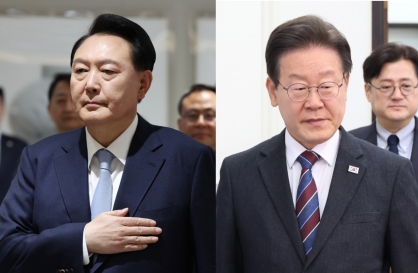
![[AtoZ into Korean mind] Humor in Korea: Navigating the line between what's funny and not](http://res.heraldm.com/phpwas/restmb_idxmake.php?idx=644&simg=/content/image/2024/04/22/20240422050642_0.jpg&u=)
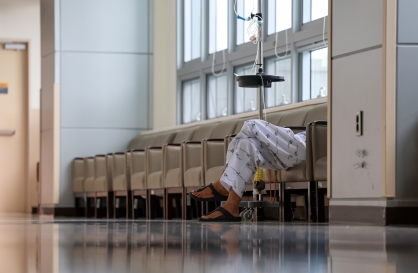
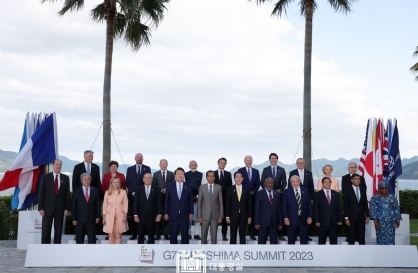







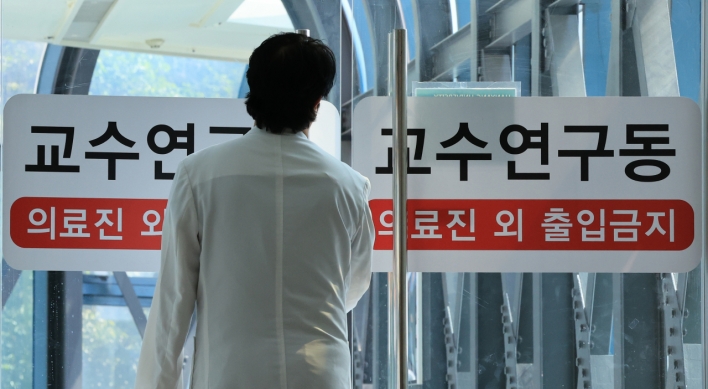


![[Herald Review] Xdinary Heroes kicks off five-month-long project with solo concert, teases new album](http://res.heraldm.com/phpwas/restmb_idxmake.php?idx=652&simg=/content/image/2024/04/22/20240422050539_0.jpg&u=20240422152154)
![[Today’s K-pop] Illit logs 100m Spotify streams with debut song](http://res.heraldm.com/phpwas/restmb_idxmake.php?idx=642&simg=/content/image/2024/04/22/20240422050650_0.jpg&u=)